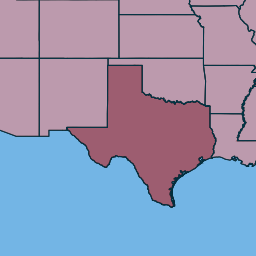Tennessee Voters to Decide Whether to Ban an Income Tax
< < Go Back
Tennessee is one of nine states without an income tax. On Tuesday, the Washington Examiner reports, voters will see a question on their ballots asking whether the state should pass a Constitutional amendment that will forever prohibit income taxes from being passed by the legislature.
Opponents of the state income tax contend that the lack of a tax draws people and businesses to the state, making up for any potential lost income tax revenue. In addition to Tennessee, Alaska, Florida Nevada, New Hampshire, South Dakota, Texas, Washington and Wyoming lack an income tax. How do they stack up against higher tax states?
– Since 2000, the nine states without an income tax have had higher median employment growth that the nine states with the highest marginal income tax rates — California, Hawaii, Iowa, Maine, New Jersey, New York, Oregon, Vermont and Wisconsin. Those states had a growth rate of just 2.9 percent, compared to 11.5 percent job growth in the non-tax states.
– Residents in high tax states pay more than $1,300 more in taxes than do residents in non-income tax states.
– States without an income tax boast higher economic growth rates. Since 2005, they grew at a 3.3 percent rate, compared to 2 percent for the high tax states.
One might expect that those in states with high income taxes would have lower tax rates for other types of taxes, but that is not necessarily the case:
– In states with no income tax, residents pay 43.4 cents per gallon of gas in taxes, compared to 48.6 cents in high tax states.
– Tobacco taxes in states with no income taxes are $1.46 per cigarette pack. In high tax states, tobacco taxes are $2.00 per pack.
– Property taxes among the two groups are nearly the same. In counties with no income taxes, property taxes average 1.1 percent, while they are 1 percent in counties in high tax states.
The Washington Examiner notes that residents in high tax states have a per capita income that is $1,000 higher than in states without an income tax. But according to Jonathan Williams of the American Legislative Exchange Council, high tax states also tend to have higher costs of living.
More From NCPA:




